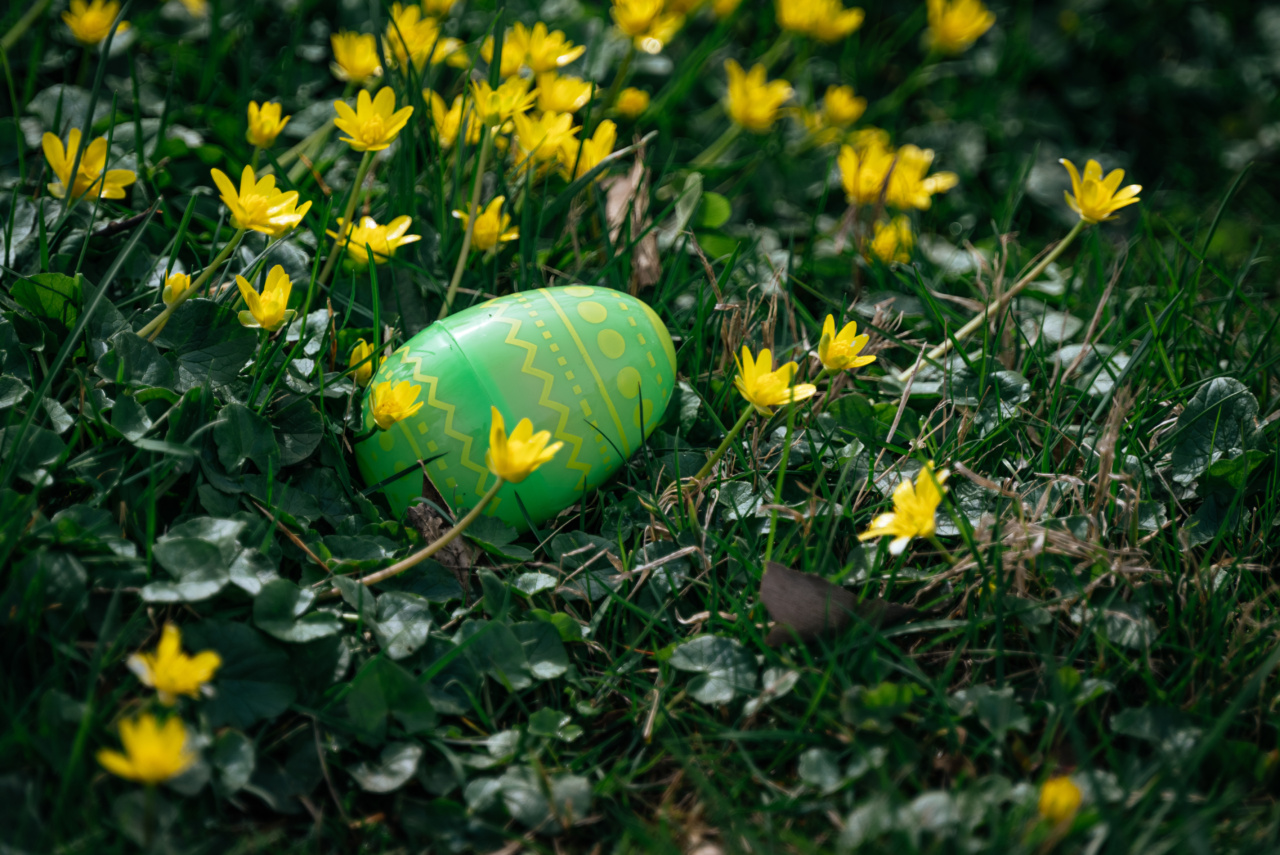Easter is a fun time of the year for families and friends to come together and enjoy the festivities. The holiday is filled with colorful eggs, candy-filled baskets, and elaborate meals.
However, as much as Easter can be an enjoyable event, it can also be dangerous. For this reason, it is essential to know the guidelines for Easter explosive celebrations and the importance of insurance.
1. Firework Safety Guidelines for Easter
Fireworks are an essential part of Easter celebrations in some cultures. Although fireworks can be beautiful, they can also be deadly if not handled correctly. Here are some important guidelines to observe:.
- Buy fireworks from a licensed dealer and ensure they meet all safety standards
- Only use fireworks outdoors and in a safe location
- Keep water or a fire extinguisher nearby in case of fire
- Do not allow children to light fireworks unsupervised
- Ensure responsible adults are present at all times and are not under the influence of drugs or alcohol
- Never attempt to re-light a firework that has not ignited fully
- Dispose of fireworks properly and do not litter
2. Loud Music and Sound Safety Guidelines for Easter
Music and sound systems are a prominent feature during Easter celebrations. However, loud music can be dangerous to your hearing. Here are some safety guidelines to protect you from hearing loss:.
- Limit exposure time to loud music and use earplugs
- Do not listen to music at levels over 85 decibels
- Absorbent materials such as carpets and drapes can reduce the noise level in your home or venue
- Give your ears time to recover from loud music by taking short breaks.
3. Food Safety Guidelines for Easter
Food is an essential part of Easter celebrations and a time to enjoy the flavors of spring. However, food poisoning can ruin the festivities. Here are some food safety guidelines to consider:.
- Always wash your hands and surfaces thoroughly before and after preparing food
- Ensure food is cooked to the appropriate temperature
- Avoid cross-contamination by using separate chopping boards and utensils for raw and cooked food
- Avoid leaving food out for too long, especially if it’s hot.
- Discard any food that has been left out for more than two hours
- Refrigerate any leftovers within two hours of serving
4. The Importance of Insurance during Easter
Despite taking all safety precautions, accidents are still prone to occur during Easter celebrations. Insurance provides a peace of mind that you and your loved ones are protected in case of an emergency. Here are some policies to consider:.
4.1 Homeowner’s Insurance
This policy protects your home and property from damage, as well as liability if someone sustains an injury while on your property. In case of an accident, you are covered for medical expenses, legal fees, and damages to personal property.
4.2 Auto Insurance
If you’re traveling for Easter celebrations, it’s important to ensure your car is insured. Auto insurance protects you in case of an accident. It covers medical expenses, car repairs, and property damage.
4.3 Personal Liability Insurance
This policy provides additional coverage on top of your homeowner’s insurance. It protects you from financial loss in case of a lawsuit filed against you after an accident that occurred on your property.
4.4 Health Insurance
Health insurance is essential in case of illness or injury. It covers medical expenses, including emergency room visits, hospitalizations, and prescription drugs.
4.5 Travel Insurance
If you’re traveling during Easter, travel insurance protects you from financial loss resulting from cancellations, emergencies, and trip interruptions.
Conclusion
Easter is a wonderful time of the year to celebrate with friends and family. Follow the guidelines above to ensure that the celebrations are safe and enjoyable for everyone.
Additionally, make sure to have appropriate insurance coverage to protect yourself in case of any emergencies.




























